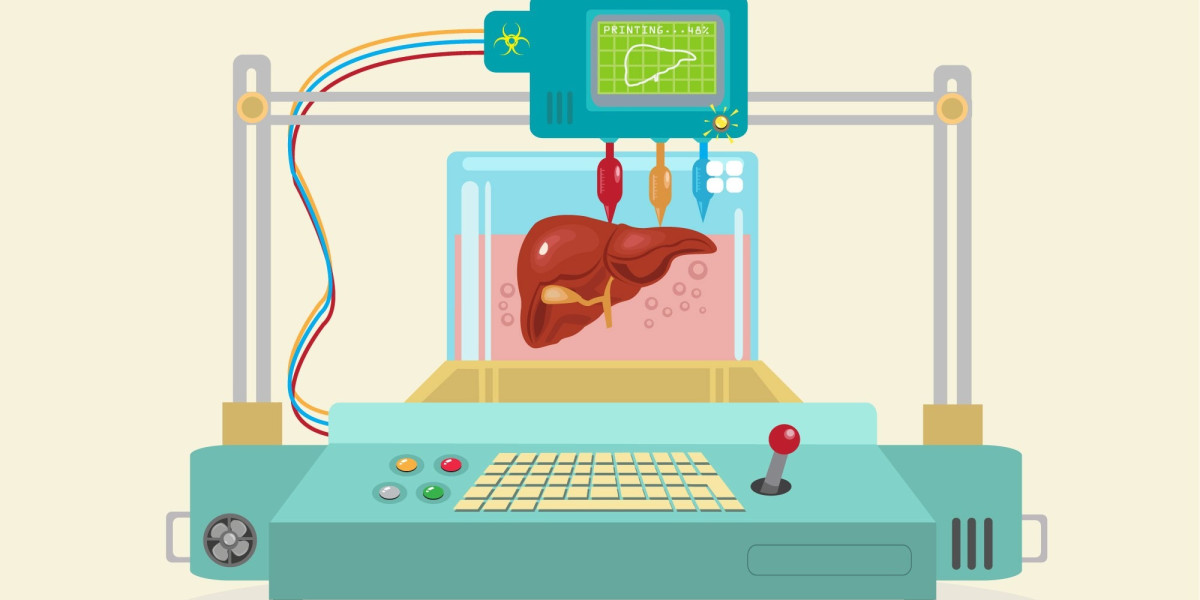The way people think, feel, and act is everything to mental health. Depression, anxiety, bipolar disorder, and addiction are just a few of the mental health conditions that mental health professionals or psychologists can assist with.
Daily living, relationships, and physical health can all be impacted by mental health.
On the other hand, this link also works the other way around. People's lives, interpersonal relationships, and physical factors can all contribute to mental health problems.
A person's ability to enjoy life can be preserved by taking care of their mental health. This requires striking a balance between responsibilities, life activities, and efforts to build psychological resilience.
Anxiety, depression, and stress can all have an impact on a person's mental health and disrupt their routine.
Even though medical professionals and psychologist frequently uses the term "mental health," many psychological disorders have physical causes.
Why mental health is important?
According to psychologists mental health relates to a person's thoughts, feelings, and behavior in the face of challenges in life. How we respond to stress, interact with one another, and make decisions is all impacted by our mental health. Additionally, a person's perspective about themselves, their circumstances, and other people have an impact on their mental health. At every stage of life, mental health is just as vital as physical health.
A professional psychologist says our mental health has an impact on every element of our lives, therefore it only makes sense that one of our parental responsibilities is to safeguard our children's mental health. The daily existence and independence of our children depend on our ability to provide for their emotional and physical needs.
Children and teenagers are susceptible to serious mental health issues.
Children and adolescents can experience mental health issues that affect how they function, just like adults.
“Mental health” refers to how individuals think, feel, and act as they face life’s situations. Our mental health affects how we handle stress, relate to one another, and make decisions. And mental health influences the way individuals look at themselves, their lives, and others in their lives. Like physical health, mental health is important at every stage of life.
What causes mental health disorders?
There are many possible causes of behavioral health disorders. They could be the result of defective genes. These genes could pass down to you from a parent, or they could change over time. Mental illness can also result from brain chemical imbalances.
Your risk of mental illness increases if you:
- Have a family history of behavioral health disorders.
- Have a neurological disorder such as Alzheimer’s disease or dementia.
- Have a sleep disorder.
- Use alcohol or recreational drugs.
- Don’t get proper nutrition.
- Don’t have a support system of friends or family members.
- Had a traumatic birth or were born from a high-risk pregnancy.
- Have extreme stress in your life.
- Have had a traumatic brain injury.
- Have had a traumatic life event or a history of abuse.
- Struggle with your spirituality or beliefs.
How are mental health disorders treated?
Psychiatrists and general practitioners
A variety of treatments may be beneficial to people who suffer from mental illness. A psychologist or a general practitioner (GP) can provide medical care.
A general practitioner will typically conduct the initial assessment and talk to the patient about the results and possible treatments. The individual may then be referred to a specialized mental health professional for treatment and support, such as a psychiatrist, psychologist, or mental health social worker. There are Medicare-reimbursed treatments available. In addition, general practitioners play a crucial role in safeguarding a person with a mental illness's physical well-being.
A psychologist is a medical doctor who focuses on mental illness research and treatment. At some point in their illness, the majority of people with mental illness will consult a psychologist. Those who have been affected the most may have more frequent contact.
Psychological treatments for mental illness
Psychological treatments, also known as "therapies," help people understand and cope with their symptoms by allowing them to talk about their thoughts and feelings with a trained professional psychologist.
Psychological treatments can help reduce symptoms themselves as well as the distress they cause. These treatments may take some time (often months) to show results depending on the individual.
In the treatment of mental illness, there are numerous psychological therapies. The best therapy for each person must be found. Some treatments are better than others.



